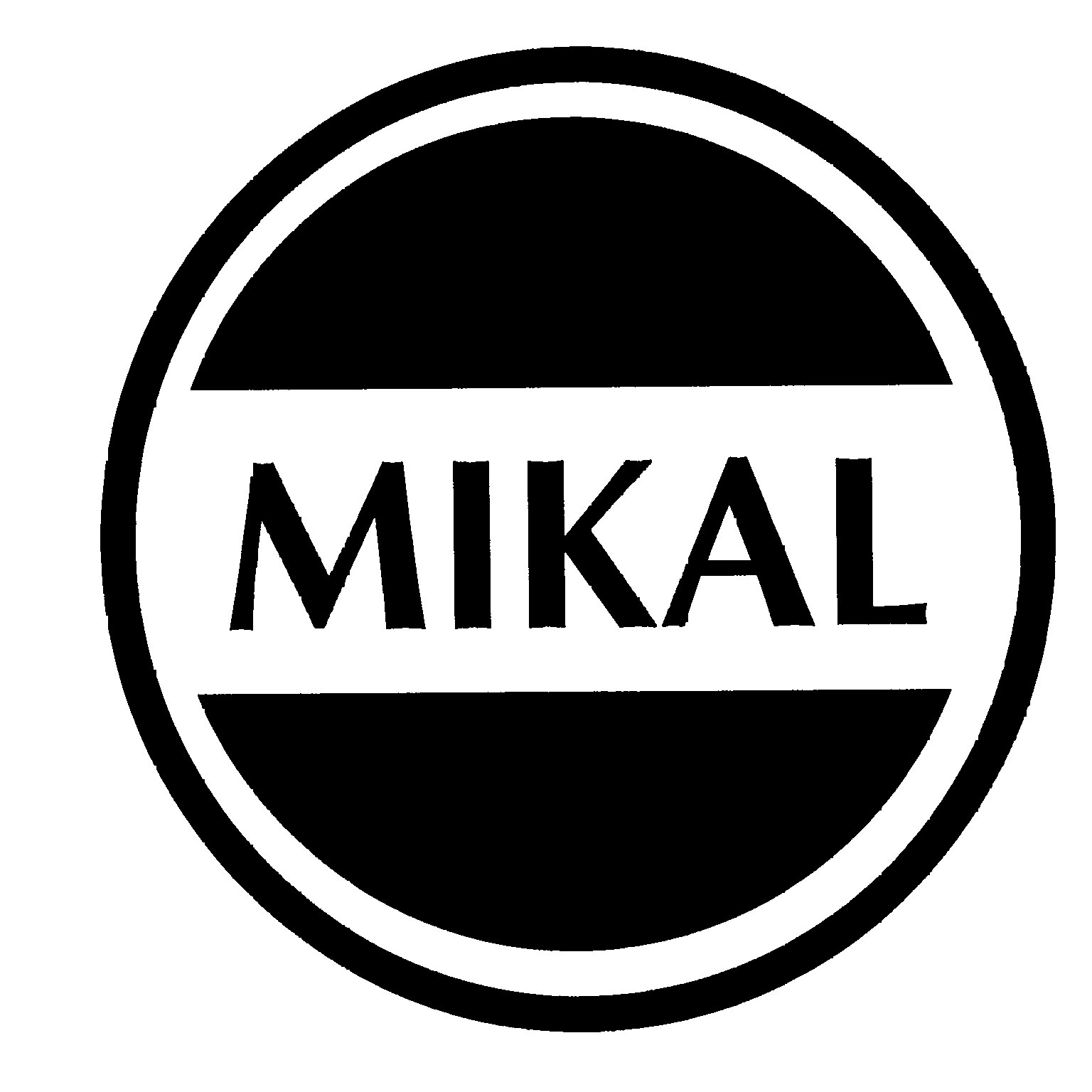Tuesday, February 02, 2016
Salon Owners Barter for Profits!
MIKAL BARTER IDEAS
MIKAL knows that in today’s economy, salon owners sometimes save money through bartering to get products or services they need. The IRS wants to remind salon owners that the fair market value of property or services received through barter is taxable income.
Bartering is the trading of one product or service for another. Usually there is no exchange of cash. However, the fair market value of the goods and services exchanged must be reported as income by both parties.
MIKAL allows you to track barter through the Accounts Receivable system. Set up the barter client in the client system and when you give them services/retail put the sales transaction on accounts receivable. This will keep track of what you have done for them.
Also make an item call flowers or pizza or what ever as an accounts receivable payment item and use it with the client when they “pay” you by providing their products. This way you can see if the relationship is balanced and also give the barter partner information on how the relationship is going.
You can also make Barter a pass thru sale by using the paytype for pass thought. This does not give you the a/r balance info but does show activity for the barter client. Pass through sales have different features and you should consult with MIKAL when setting this feature up. Call MIKAL at 513-528-5100.
Here are four facts on bartering:
1. Organized barter exchanges A barter exchange functions primarily as the organizer of a marketplace where members buy and sell products and services among themselves. Whether this activity operates out of a physical office or is internet-based, a barter exchange is generally required to issue Form 1099-B, Proceeds from Broker and Barter Exchange Transactions, annually to their clients or members and to the IRS.
2. Barter income Barter dollars or trade dollars are identical to real dollars for tax reporting purposes. If you conduct any direct barter – barter for another’s products or services – you must report the fair market value of the products or services you received on your tax return.
3. Tax implications of bartering Income from bartering is taxable in the year it is performed. Bartering may result in liabilities for income tax, self-employment tax, employment tax or excise tax. Your barter activities may result in ordinary salon income, capital gains or capital losses, or you may have a nondeductible personal loss.
4. How to report. The rules for reporting barter transactions may vary depending on which form of bartering takes place. Generally, you report this type of salon income on Form 1040, Schedule C Profit or Loss from Business, or other business returns such as Form 1065 for Partnerships, Form 1120 for Corporations or Form 1120-S for Salon Corporations.
For more information, see the Bartering Tax Center in the Business section at www.irs.gov.
NOTE: always consult with your accountant or tax attorney when creating a barter situation so you are in compliance with tax laws.
MIKAL does not recommend or support any specific barter policies. MIKAL only provides a way of tracking barter within the MIKAL software. Call MIKAL with any questions 513-528-5100.
See out blog at www.mikal-salon-software.com for more
management ideas!
Subscribe to:
Post Comments (Atom)



No comments:
Post a Comment